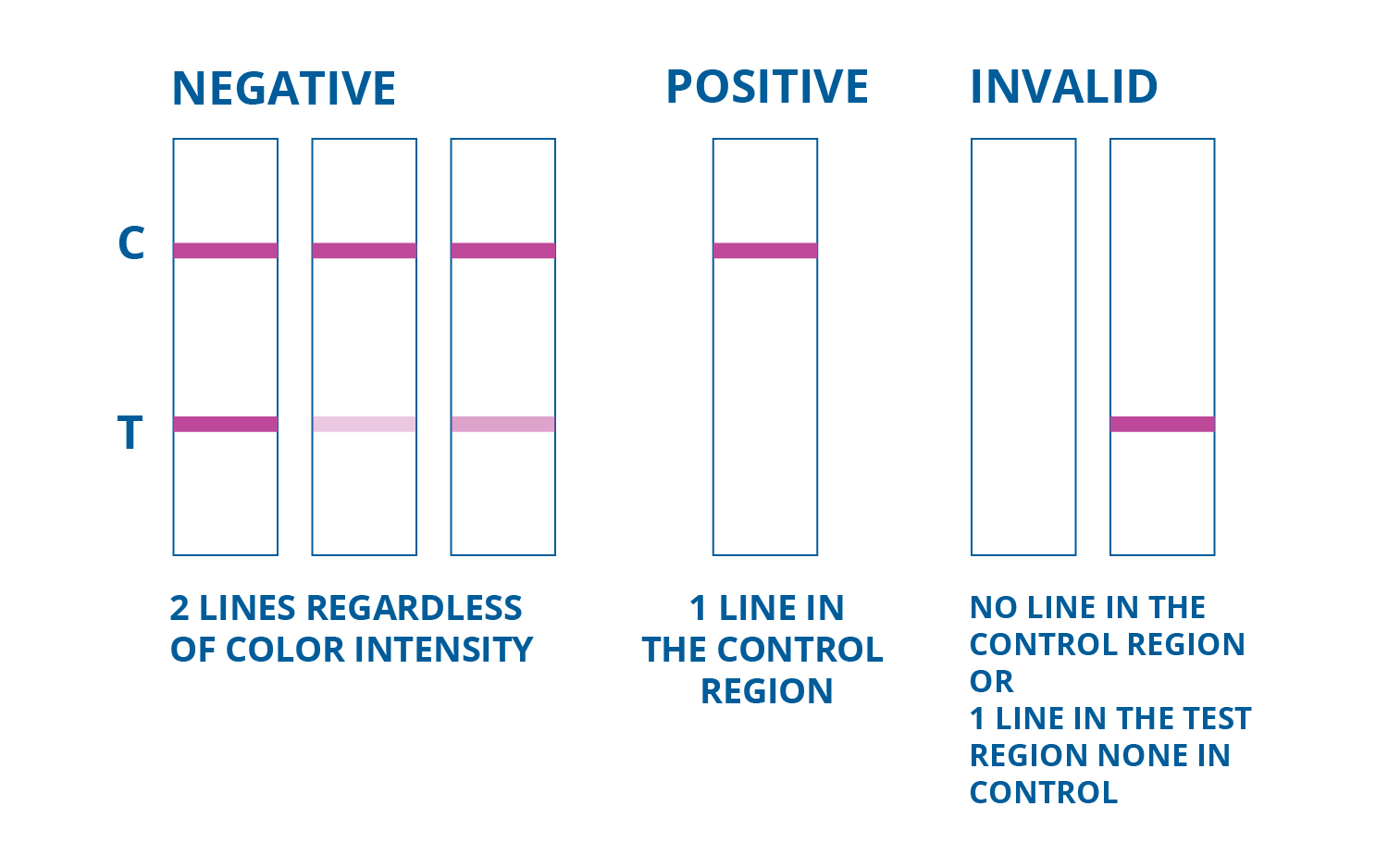An In-Depth Guide to Understanding Drug Detection Timeframes

Image: www.poctestsupply.com
Drug driving is a serious offense that can have life-altering consequences, not only for the driver but also for others on the road. Understanding how long drugs stay in your system is crucial for making informed decisions and avoiding legal repercussions. This comprehensive guide will delve into the nitty-gritty of drug driving blood test results, unveiling the timeframes and factors influencing drug detectability.
Unraveling the Drug Detection Window
The detection window for drugs in blood tests varies depending on the substance, individual’s metabolism, and frequency of use. Generally, most commonly abused drugs can be detected within:
-
Alcohol: Up to 10 hours after consumption
-
Cannabis (THC): Up to 30 days (heavy users)
-
Cocaine: Up to 48 hours
-
Methamphetamine: Up to 72 hours
-
Ecstasy (MDMA): Up to 72 hours
Factors Influencing Drug Detection Timeframes
Beyond the drug itself, several factors can affect how long drugs remain detectable in blood tests:
-
Dose: Higher doses extend detection time.
-
Metabolism: Individuals with faster metabolisms process drugs quicker.
–Body Weight: Drugs are distributed throughout body fluids, so higher body weight may dilute drug concentrations.
-
Frequency of Use: Chronic drug use leads to a buildup of metabolites, prolonging detectability.
-
Co-ingestion of Drugs: Mixing drugs can alter metabolism and detection times.
Consequences of Drug Driving and Legal Limits
Driving under the influence of drugs is a criminal offense with serious legal implications. In many countries, the following blood drug concentration limits are considered illegal:
-
Alcohol: Varies by jurisdiction, typically between 0.05% and 0.08% blood alcohol content (BAC)
-
Cannabis: Varies by jurisdiction, presence of THC in the blood may be illegal
-
Cocaine: Varies by jurisdiction, presence of cocaine or its metabolites in the blood may be illegal
-
Methamphetamine: Varies by jurisdiction, presence of methamphetamine or its metabolites in the blood may be illegal
-
Ecstasy (MDMA): Varies by jurisdiction, presence of MDMA or its metabolites in the blood may be illegal
Breaching these limits can result in penalties such as fines, imprisonment, license suspension, and criminal charges.

Image: medicaldisposables.us
Navigating the Legal Maze: Know Your Rights
If you are subjected to a drug driving blood test, it’s essential to be aware of your rights and responsibilities:
-
Right to Refuse (in some jurisdictions): In certain cases, you may have the right to decline a blood test. However, refusal may have legal consequences.
-
Right to LegalRepresentation: You should seek the advice of a legal professional who specializes in drug driving matters.
-
Potential for False Positives: Blood tests can sometimes produce false positives. Communicating any medications, medical conditions, or recent food intake to the testing officer is crucial.
Reducing Drug Detection Timeframes: Practical Tips
While eliminating drug traces from your system entirely may not be possible, there are steps you can take to minimize detection timeframes:
-
Abstain from Drug Use: This is the most effective way to reduce the risk of drug detection.
-
Hydrate Adequately: Drinking plenty of fluids can help dilute drug concentrations in urine.
-
Exercise Regularly: Exercise increases metabolism and can help break down drugs faster.
-
Eat a HealthyDiet: Consuming nutrient-rich foods supports liver detoxification.
-
Herbal Remedies: Some herbal supplements may aid in drug metabolism. However, consult a healthcare professional before using them.
Drug Driving Blood Test Results How Long
Conclusion: Empowering Informed Decisions
Understanding drug driving blood test results is essential for safeguarding yourself and others on the road. By comprehending the detection timeframes, factors influencing drug detectability, and legal implications, you are better equipped to evaluate and face drug driving consequences with informed decision-making. Knowledge is power, especially when protecting yourself from the perilous traps of drug-impaired driving.

